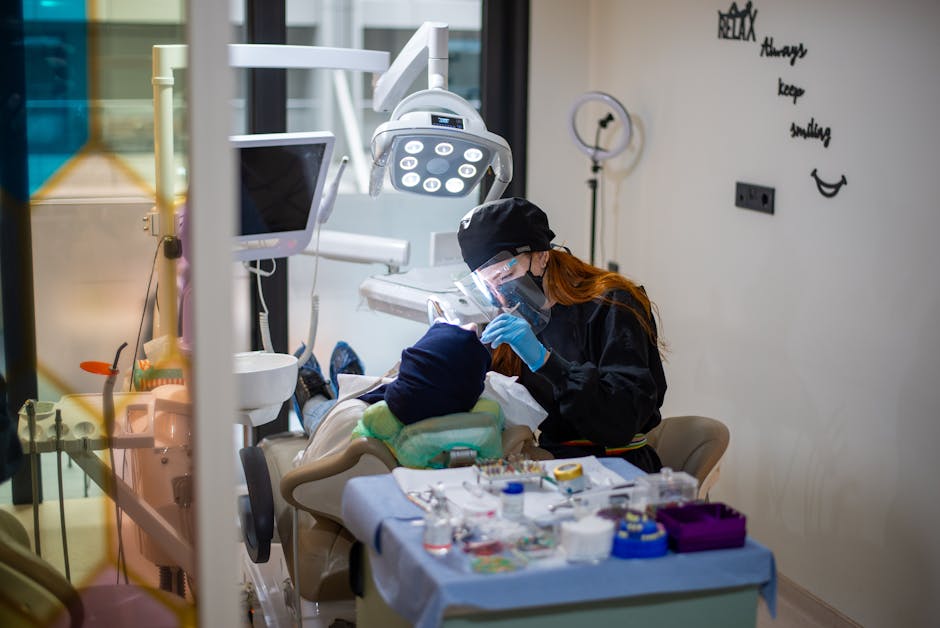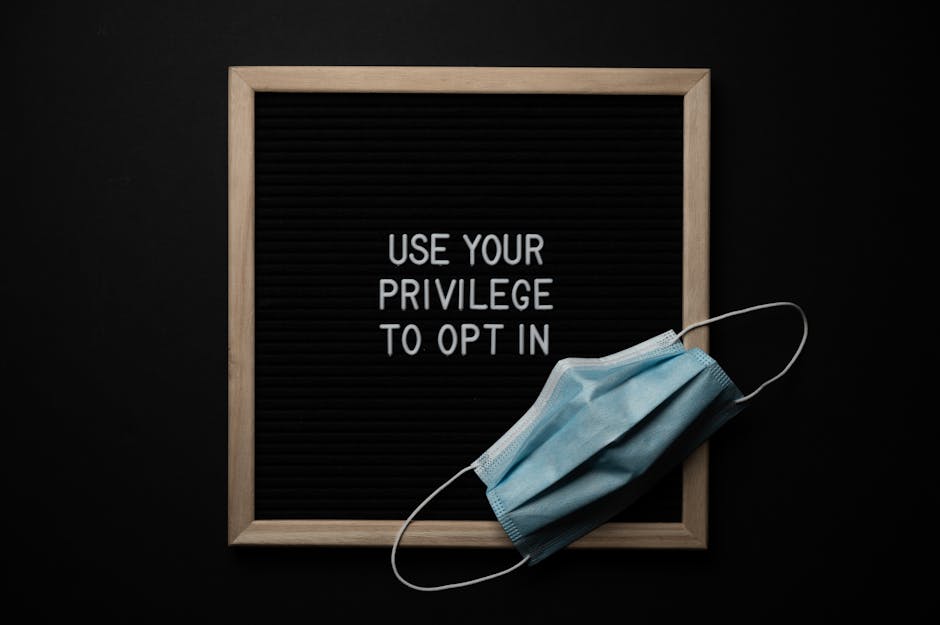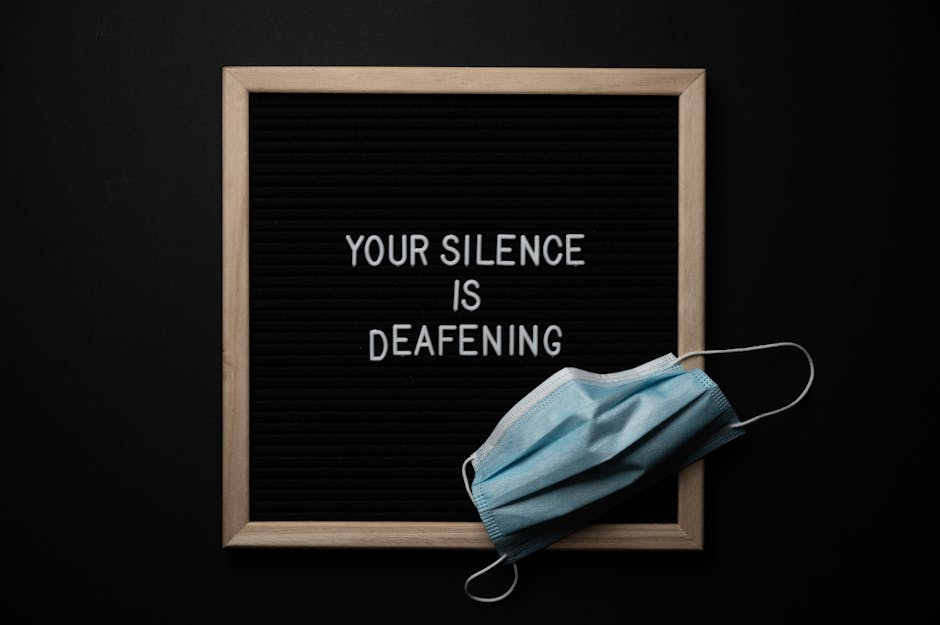Why Cyber Hygiene Matters More Than Ever
In todays digital world, cyber hygiene is crucial. it’s the practice of maintaining the health of your online presence. Just like washing your hands prevents germs, good cyber hygiene keeps your data safe. But why does it matter more than ever? Let’s dive into that.
What Is Cyber Hygiene?

Think of cyber hygiene as a routine. It’s a set of practices designed to protect your online information. Every time you update your software, use strong passwords, or think before clicking a link, you are practicing cyber hygiene.
According to a recent study, 43% of cyber attacks target small businesses. They often lack the resources for robust security measures. This means that good cyber hygiene is not just a nice-to-have; it’s a must-have.
Why Is Cyber Hygiene Important Now?

The digital landscape is changing fast. More people work from home, and online shopping and banking have surged. With increased online activity comes greater risk. Here are some reasons why cyber hygiene matters today:
- Rising Cyber Threats: Cybercriminals are getting smarter. They use advanced tactics to trick individuals and businesses.
- Remote Work: With more people working from home, security can easily slip. Distractions at home might lead to careless online behavior.
- Personal Data Exposure: Every click you make online can expose your data. Bad actors can use this information for identity theft.
In short, poor cyber hygiene can lead to serious consequences. Lets explore how to improve it.
How Can You Practice Good Cyber Hygiene?

Practicing good cyber hygiene doesnt have to be complicated. Here are some straightforward steps you can take:
1. Use Strong Passwords
Password security is your first line of defense. Create long and complex passwords. A good password combines uppercase letters, lowercase letters, numbers, and symbols.
For example, instead of “Password123”, try something like “C@tChMeIfUCan2023!”. Using a password manager can help you create and store these securely.
2. Enable Two-Factor Authentication (2FA)
2FA adds an extra layer of security. It requires you to verify your identity through a second method, like a text message or an authentication app. This makes it harder for hackers to access your accounts.
Many services, like Gmail and Facebook, offer 2FA options. don’t skip this step!
3. Keep Software Updated
Software updates often include security patches. When you avoid updates, you leave your devices vulnerable. Set your devices to update automatically when possible.
Also, remember to update apps on your phone regularly. Outdated apps can also become easy targets for cybercriminals.
What About Phishing Scams?

Phishing scams are common tactics used by cybercriminals. They trick you into providing personal information, like passwords or credit card numbers. Phishing can come in the form of emails, messages, or even phone calls.
Here are some signs of a phishing attempt:
- Unusual sender: If the email comes from someone you don’t know, be cautious.
- Urgent requests: Messages that create a sense of urgency are often scams.
- Spelling errors: Many phishing emails contain typos or awkward phrasing.
If you’re ever unsure, don’t click any links. Instead, go directly to the website of the institution in question.
What Is the Role of Backups?
Backing up your data is a crucial part of cyber hygiene. If your data gets lost or compromised, having a backup can save you from disaster. it’s like having insurance for your information.
Consider these backup options:
- External Hard Drives: Regularly save copies of important files on an external drive.
- Cloud Services: Use services like Google Drive or Dropbox for off-site storage.
Remember, it’s not if youll face a cyber threat, but when. Being prepared can save you time and stress.
How to Secure Your Home Network
Your home network is another essential area for cyber hygiene. A weak network makes you an easy target. Heres how to secure your home Wi-Fi:
- Change the default password: Your router comes with a default password. Change it to something unique.
- Enable WPA3 security: This is a stronger form of encryption for your Wi-Fi.
- Disable guest networks: If you don’t need them, turn them off to limit access.
By securing your home network, you protect every device connected to it.
Are You Aware of Social Media Risks?
Social media is a fun way to connect but can also expose you to dangers. Oversharing personal information can lead to identity theft. Cybercriminals can piece together details from your posts to commit fraud.
Here are tips for safer social media use:
- Limit personal information: Avoid sharing your full birthdate, address, or phone number.
- Adjust privacy settings: Review who can see your posts and information.
- Think before you post: Consider how your information might be used by others.
Being cautious online helps you enjoy social media while keeping your information safe.
Are You Training Your Family?
Cyber hygiene isn’t just for adults. Kids and teens are often online too. Teach them about safe online behavior. Heres how:
- Discuss privacy: Explain why personal information should be kept private.
- Recognize scams: Show them what phishing emails look like.
- Encourage questions: Make it easy for them to ask if they’re unsure about something online.
Instilling these habits early helps kids grow into responsible digital citizens.
What Are the Consequences of Poor Cyber Hygiene?
Ignoring cyber hygiene can lead to severe consequences. A security breach can result in:
- Data Loss: Losing important files or personal information.
- Financial Loss: Fraud can lead to stolen money or identity theft.
- Reputation Damage: Businesses may face reputation issues after a breach.
Investing time in good cyber hygiene now can save you a lot of trouble later.
Can Cyber Hygiene Be Fun?
Yes! Gamifying cyber hygiene can make it engaging. Use apps that reward you for achieving security goals. Or join a challenge with friends to see who can maintain the best online safety practices.
Making it fun keeps you and your family motivated to stay secure.
Where Can You Learn More?
For more tips on maintaining cyber hygiene, check out the National Institute of Standards and Technology (NIST). They offer great resources to help everyone stay safe online.
Final Thoughts: Take Action Now!
Cyber hygiene is essential in todays digital age. The risks are real, but the steps to protect yourself are simple. Start implementing these practices today. Heres a quick recap:
- Use strong passwords and enable 2FA.
- Keep software up to date.
- Be cautious of phishing attempts.
- Back up your data regularly.
- Secure your home network.
- Educate your family about online safety.
By improving your cyber hygiene, you keep your information safe and secure. Don’t wait for a breach to take action!



